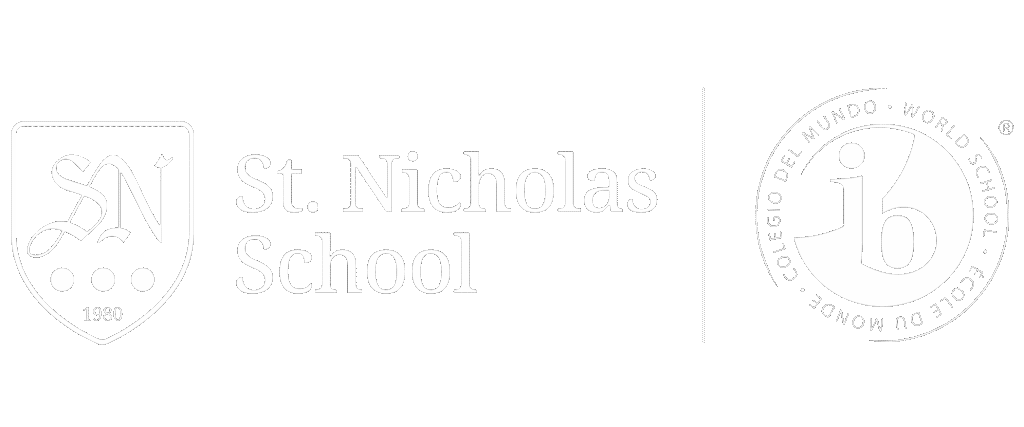St. Nicholas School
Preparing each child for their own success.
The IB International School since 2000.
HERE THE LEARNERS ARE THE CENTER OF THE CURRICULUM
Through an inquiry based international education, St. Nicholas School develops responsible, confident and caring citizens of an ever-changing world. Our students’ learning is unique, open and unlimited.
All voices are ears and the interests of each are the basis of their own learning, making it meaningful and relevant.

Would you like to know more? If so, please complete the form below so that we might contact you.
Nota: When visiting a school, you declare that you are aware of and agree to respect the provisions of the St. Nicholas School Visitor’s Terms of Conduct.





